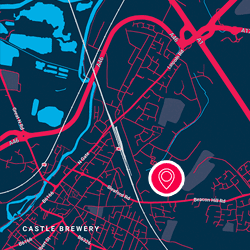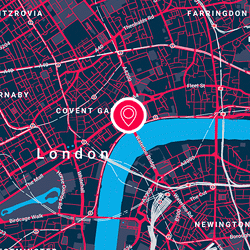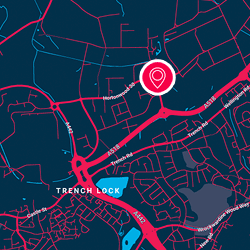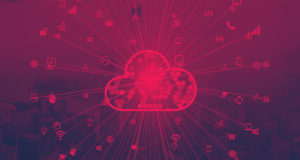BLOG
An Argument for E-Readers and the Digitalisation of Books
An Argument for E-Readers and the Digitalisation of Books
Today is World Book Day and an opportunity to analyse two of my favourite subjects: literature and digitalisation.
Since the arrival of the Kindle in 2007, literature has taken strides into the digital world. As a literature student myself, I didn’t always take kindly to the Kindle or alternative e-readers. There was something about a library or book store that I didn’t want to lose. The awe of walking into the Bodleian, Oxford. The smell of an old book. The weight of its secrets. I felt I wanted to emulate the shelf of my parents house, and if I ever publish one day: I imagine seeing it read upon the squished laps of the London underground.
However, various factors changed my opinion about e-readers.

Better for the environment:
Those beautiful packed physical books have a dark side: Paper. Paper is a huge burden on the earth and the environment.
“Paper accounts for 25 percent of waste in the landfill and 33 percent of municipal waste. About 68 million trees are cut down each year to produce paper and paper products.”
This list summarises the effects of the paper industry.
- 40% of the world’s commercially cut timber is used for the production of paper.
- Pulpwood plantations and mills endanger natural habitats.
- Over 30 million acres of forest are destroyed annually.
- Paper production uses up lots of water. An A4 paper requires 10 litres of water per sheet.
- Most of the materials in landfills are made of paper. When paper rots, it emits methane, a greenhouse gas. When it is burned or composted, carbon dioxide.
Whereas a single e-book can store 1,100 books. A huge step in saving paper and helping the environment.
Discretion
You might not be able to judge a book by its cover. But you can certainly judge a person by a book.
The kindle makes reading any content far more inconspicuous, which has allowed the romantic novel industry to boom in recent years. Book trend website Bookriot post that ‘89% of all Romance sales are digital.’ The liberation of reading gets a definite thumbs up.
Portable
It’s more convenient for packing. A kindle can store multiple books, which means you don’t weigh down your luggage. You can also access whole series and sequels immediately, giving you the freedom and mobility to read whatever, whenever.
Digital Transformation
New York City based novelist Erica Kudisch claimed of her sales that:
‘I sell as many books on Kindle as on all other formats combined. I sell about two-thirds [more] books in digital formats than I do in print.”
The future looks digital. 43% of Americans prefer e-books or digital content including; digital magazines, tablets and cell phones. Age also seems a factor when it comes to e-reading. Baby boomers are 19% more likely to own an e-reader, while Millennials are 28% more likely to own an iPhone.
Conclusion
Digital transformation is necessary for every industry to survive. The very nature of innovation is change. For literature, the future of digital books may be brighter than we think.
Timico offer a Digital Transformation Checklist completely FREE. Download it here and make sure that you’re making smart decisions. For more information on our gold standard service visit our website.
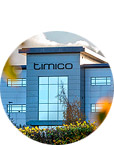
Timico
We deliver Connectivity, UC&C, Cloud & Hosting, Security and IT Managed Service Solutions to our customers, through Service Operations based in Newark, Winnersh, Telford and London.




